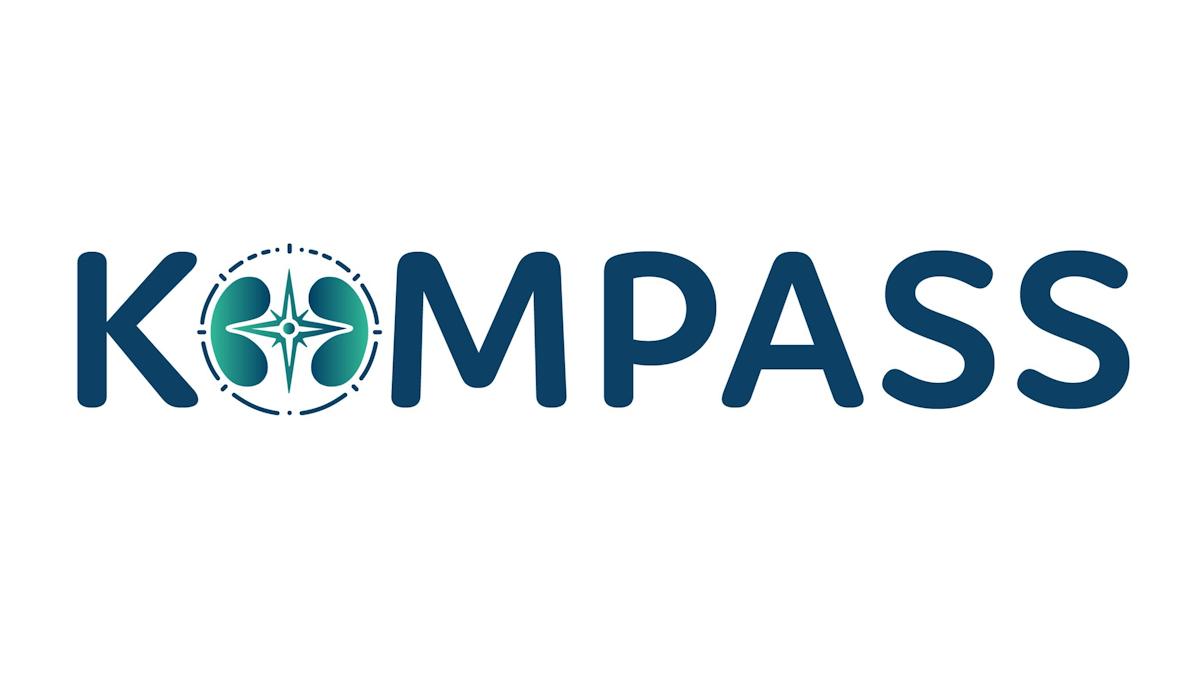Sword's digital musculoskeletal care approach improves mental health; study

A clinical trial has found that a digital care programme for people with musculoskeletal pain developed by Sword Health can improve their productivity at work, even if they also have mental health issues.
Sword Health's virtual musculoskeletal programme care programme pairs patients with a physical therapist they can talk with via telehealth, guiding them through exercises to address pain and other symptoms and also provides cognitive behavioural therapy (CBT) modules to help them develop self-management skills.
The platform has already shown its worth in earlier trials in musculoskeletal pain – including chronic, acute and post-surgical settings – but with this study the researchers wanted to zero in specifically on patients who also have depression and/or anxiety.
"Comorbidity between musculoskeletal pain and depression is highly common, and is associated with a greater symptom burden and greater loss of work productivity than either condition alone," write the researchers in the Journal of Medical Internet Research.
"Multimodal care programmes tackling both physical and mental health components may maximise productivity recovery and return to work," they suggest, adding: "Digital delivery of such programmes can facilitate access, ensure continuity of care, and enhance patient engagement."
The single-arm study was carried in almost 7,800 participants, stratified depending on the severity of their mental health issues, either minimal (cluster 1), mild (cluster 2) or moderate (cluster 3).
The three groups all reported significant reductions in productivity impairment, with a 38% gain in cluster 1, rising to 62% in cluster 2 and 44% in cluster 3, providing evidence that the digital care programme (DC) was addressing their musculoskeletal symptoms.
The trial was specifically designed to look at mental health co-morbidities however, and there was good news for Sword on this measure as well.
People with mild symptoms saw a significant 51% improvement in depression and 29% improvement in anxiety scores, with a similar pattern seen in the moderate group, with gains of 41% and 21%, respectively.
"These results reinforce the need to address both physical and mental health in people with [musculoskeletal] issues," said Sword Health.
The digital health company's approach to musculoskeletal pain therapy has attracted significant interest from investors, including most recently a $163 million fourth-round financing last November that pushed its valuation up to around $2 billion.
Earlier this month, it joined forces with Verily's Onduo unit to combine its musculoskeletal programmes into digital care plans for patients with chronic conditions like type 2 diabetes, hypertension, and mental health issues.













